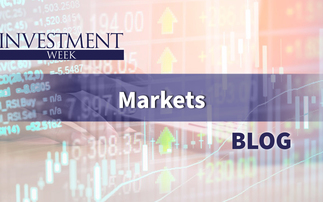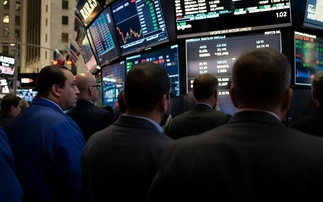2021 is just around the corner, and hopes are rising that certain sectors will bounce back. Should investors get carried away or approach with caution? 12 investment experts give their predictions on how areas such as ESG, global equities and artificial intelligence will fare next year.
Ian Lance, portfolio manager at RWC Income & Value
UK value
In the past 30 years, there have been two occasions in which a market dislocation has created opportunities for very attractive returns, and I believe we are now witnessing a third.
The first was in 2000 when investors became convinced the future was in technology, media and telecoms, and sold nearly everything else, thus creating a starting valuation in so-called 'old economy stocks' that virtually guaranteed attractive future returns (the P/E ratios and dividend yields of sectors such as tobacco and utilities actually crossed over).
The second occasion was in 2009 after the Global Financial Crisis, when a belief that the world's financial system was under threat of collapse caused investors to sell not just those sectors most at risk but anything remotely cyclical in nature. In that year, high quality companies such as Next became available at 5x their trough earnings (a 20% earnings yield).
The opportunity being presented today could be greater than the previous two because the dispersion in valuations is wider now than it was in 2000 and 2009.
We do not know for sure whether the recent outperformance of value stocks is yet another false dawn or the start of a regime change. But we can surmise that the severity of these moves was the result of record wide dispersion in valuations between growth and value stocks, lopsided market positioning and illiquid markets.
These three conditions have not gone away despite the latest market movements and that is why it is possible that they may persist.
Declan McAndrew, head of investment research at Foster Denovo
ESG
Against the backdrop of the pandemic and a move by many of us to consider our environment and the way we interact with each other with greater mindfulness, ESG has seen large inflows and generated considerable media coverage this year.
The ESG market has seen two or three years' worth of development in less than 12 months. As a result, we have seen increased availability of sustainable offerings, together with the political agenda of developed economies shifting to acknowledge this attitudinal change.
Sustainability is now a major tenet of policy for the UK Government, and the US President-Elect Joe Biden will rejoin the Paris Agreement on his first day in office.
In short, many clients now see sustainability as core to their future, and want their pension and investments to reflect this.
The industry will need to make sure that it keeps the core objective and motivation of ESG in mind going forward though - a net positive impact on the world, while mitigating risks to investment returns.
While the successful performance of these products this year is encouraging, we should not focus excessively on the short term, which may lead to chasing positive returns without seeking the necessary authenticity.
The move towards consistent standards is essential. Some fund managers may rebrand existing products to meet a minimum standard, limiting negative environmental or social impacts, without demonstrating any positive ones.
Ultimately, to fulfil its full potential, the issue of accurately measuring and comparing impact, while underpinning investment growth through risk mitigation, needs to be addressed.















